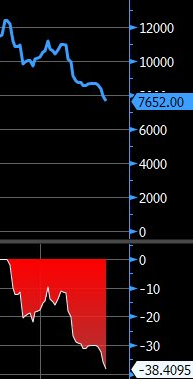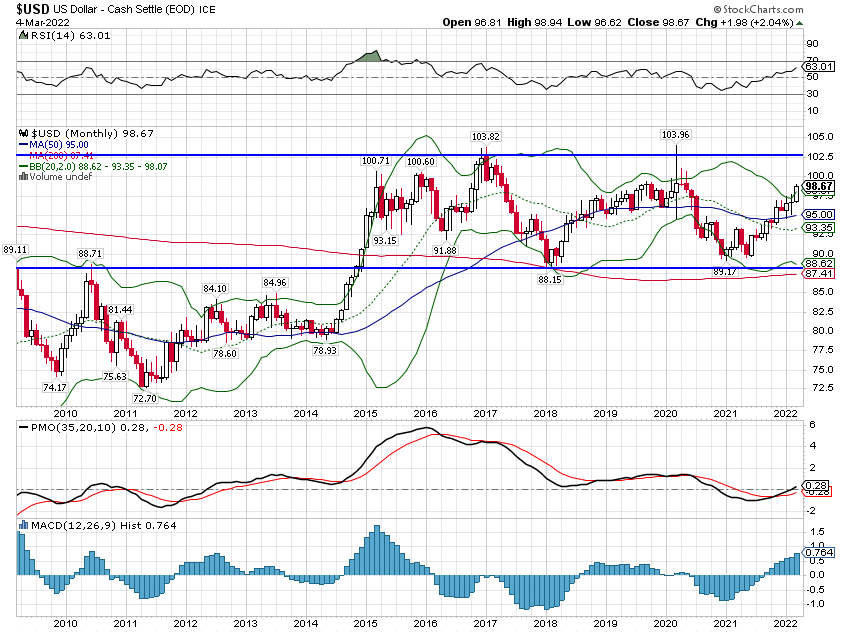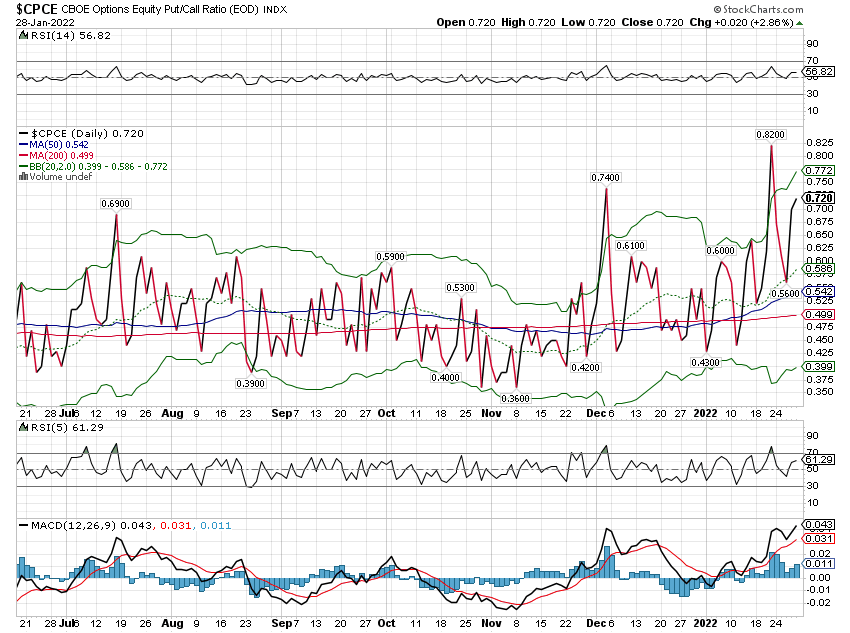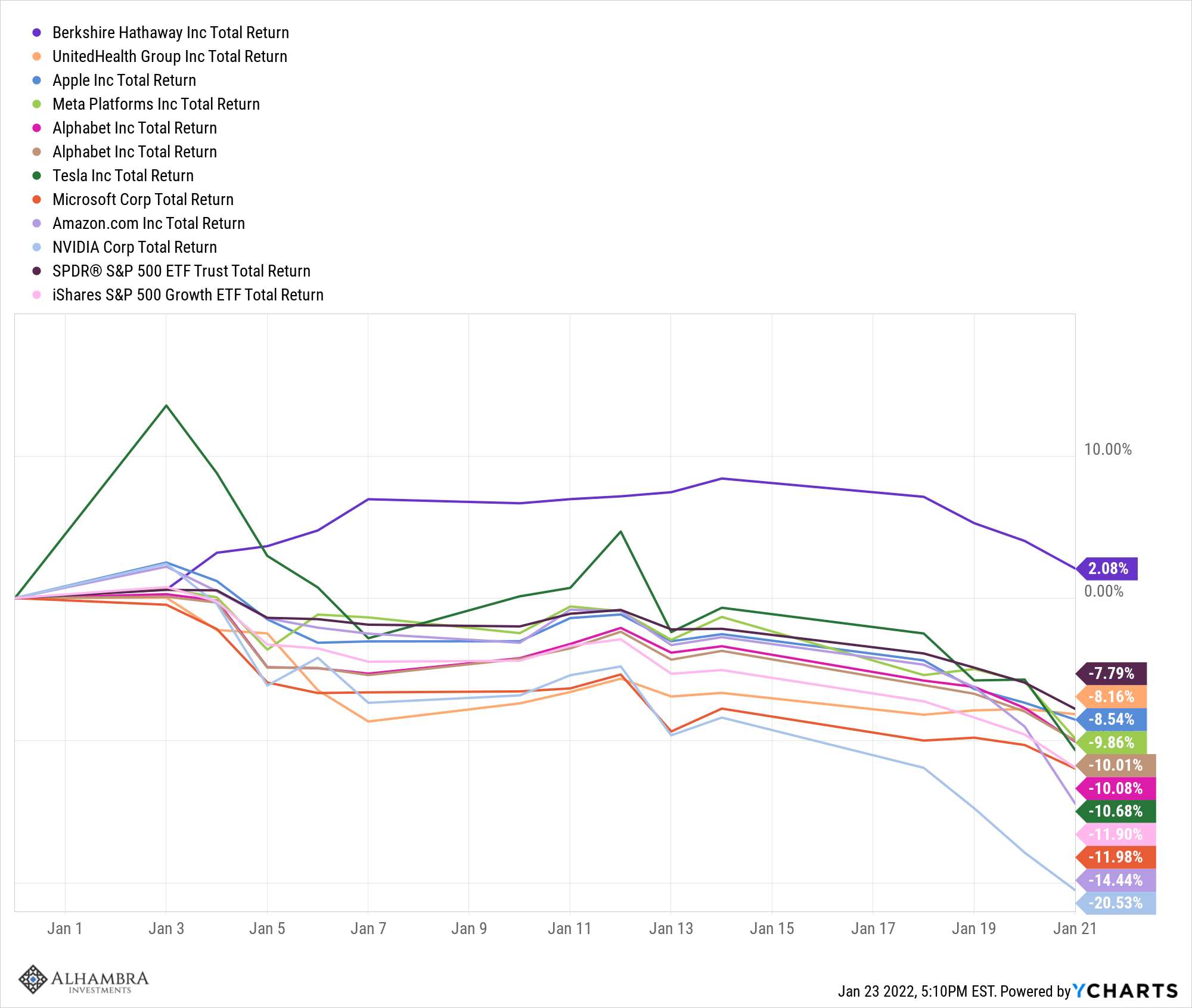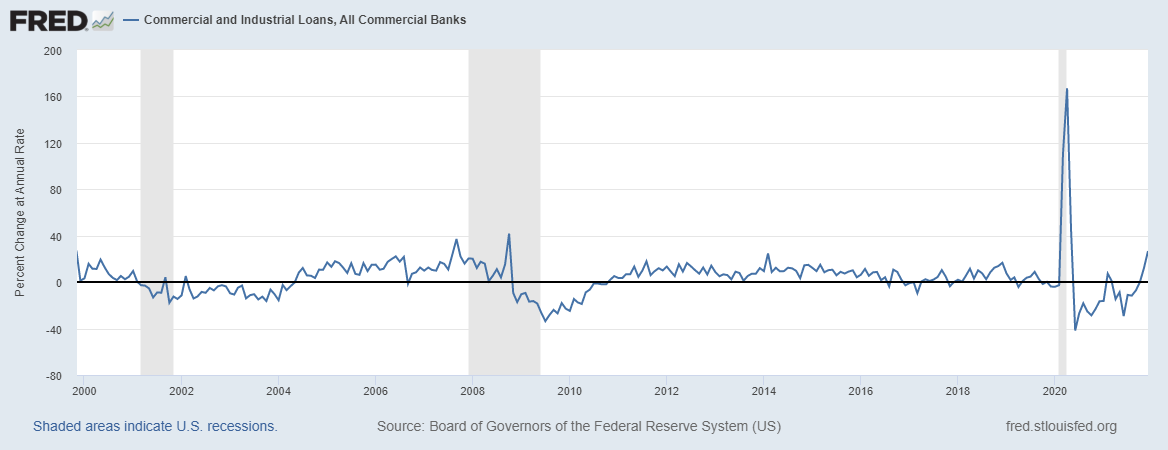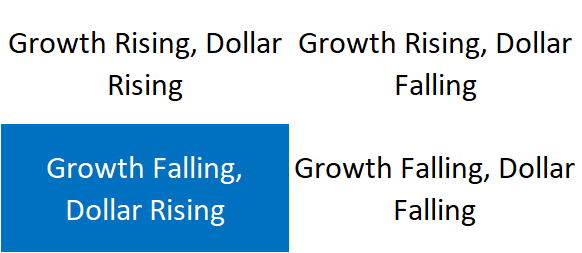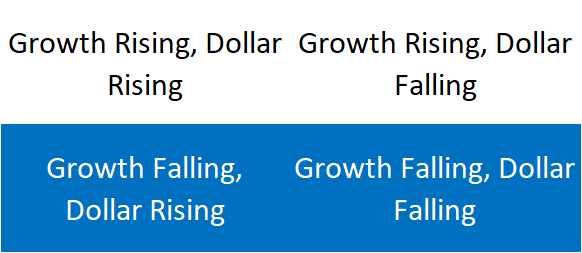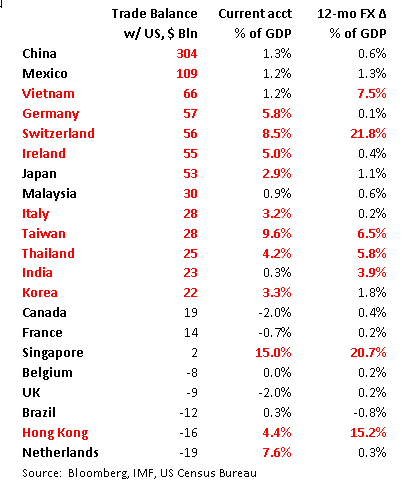Summary
- The Hungarian central bank capped the amount commercial banks can keep at its 3-month deposit facility.
- S&P upgraded Hungary from BB+ to BBB- with stable outlook.
- Bank of Israel will move to 8 meetings per year starting in 2017, down from 12 currently.
- S&P raise the outlook on Russia’s BB+ rating from negative to stable.
- The South African Reserve Bank signaled a potential end of the tightening cycle.
Stock Markets
In the EM equity space as measured by MSCI, Brazil (+5.5%), Turkey (+5.0%), and Peru (+4.9%) have outperformed this week, while Qatar (-0.6%), Hungary (flat), and South Africa (+0.3%) have underperformed. To put this in better context, MSCI EM rose 3.6% this week while MSCI DM rose 2.1%.
Currencies
In the EM local currency bond space, Brazil (10-year yield -36 bp), Turkey (-26 bp), and Hungary (-17 bp) have outperformed this week, while Ukraine (10-year yield +9 bp), Mexico (+2 bp), and China (flat) have underperformed. To put this in better context, the 10-year UST yield fell 7 bp this week to 1.62%.
In the EM FX space, ZAR (+3.5% vs. USD), RUB (+2.3% vs. USD), and CLP (+2.1% vs. USD) have outperformed this week, while MXN (-0.6% vs. USD), PHP (-0.4% vs. USD), and CNH (-0.4% vs. USD) have underperformed.
Hungary
The Hungarian central bank capped the amount commercial banks can keep at its 3-month deposit facility. Those deposits stand at HUF1.6 trln today, and the central bank said it would lower that amount to HUF900 bln by year-end. This unconventional policy is akin to monetary easing, as it pushes funds out of its deposit facility and into government bonds and the interbank market. The end result should be lower government borrowing cost, lower lending rates, and a weaker forint.
Russia
South Africa
Tags: Emerging Markets,newslettersent

























